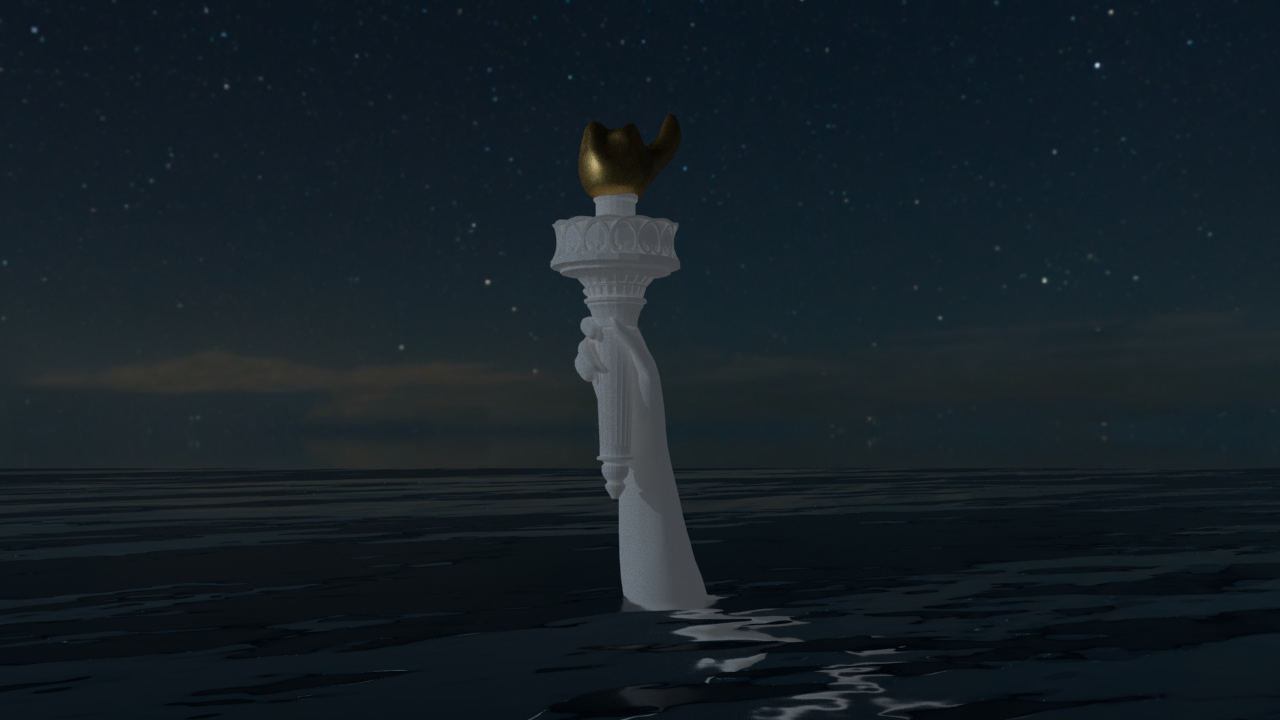The artwork "I am" puts a spotlight on one of the cornerstones of Western Philosophy, René Descartes’s "I think, therefore I am", which was published in 1637.
Born and raised in a Western society we would readily agree that it is the thinking that makes us human, makes us the dominant living being on Earth. While this might be true it also leads us to neglect being human, which could also be called awareness or mindfulness.
Awareness in Western societies has not gotten anywhere near the attention, investigation and appreciation that it deserves. It's one of our human superpowers. And it's much more powerful than thought. Because you can take any thought, no matter how big, like the nature of the universe, or the nature of the multiverse, or infinity, and you can hold that thought in awareness. And how could you hold it in awareness, if not awareness is a larger space than conceptual thought. It seems like awareness is another form of profound human intelligence, but in our Western societies it has gotten very little space to grow.
If we are mindful about what's going on inside us, we know there is a being without thinking, a place that can feel feelings and feel any sensory information like touching, seeing and hearing without any conceptual thinking involved.
While conceptual thinking is a defining human trait and it has helped us achieve many things, it is worth investigating what we are missing out on, when we are constantly caught up in thinking and therefore are not connected to our human self.
The radical shortened phrase "I am" points to a new understanding of ourselves and our connection to all living beings.
“Sell cleverness and buy bewilderment,
Because cleverness is skepticism,
Bewilderment is vision.”
Because cleverness is skepticism,
Bewilderment is vision.”
Poem by Rumi
The Latin cogito, ergo sum, usually translated into English as "I think, therefore I am", is the "first principle" of René Descartes's philosophy. Descartes's statement became a fundamental element of Western philosophy, as it purported to provide a certain foundation for knowledge in the face of radical doubt.

